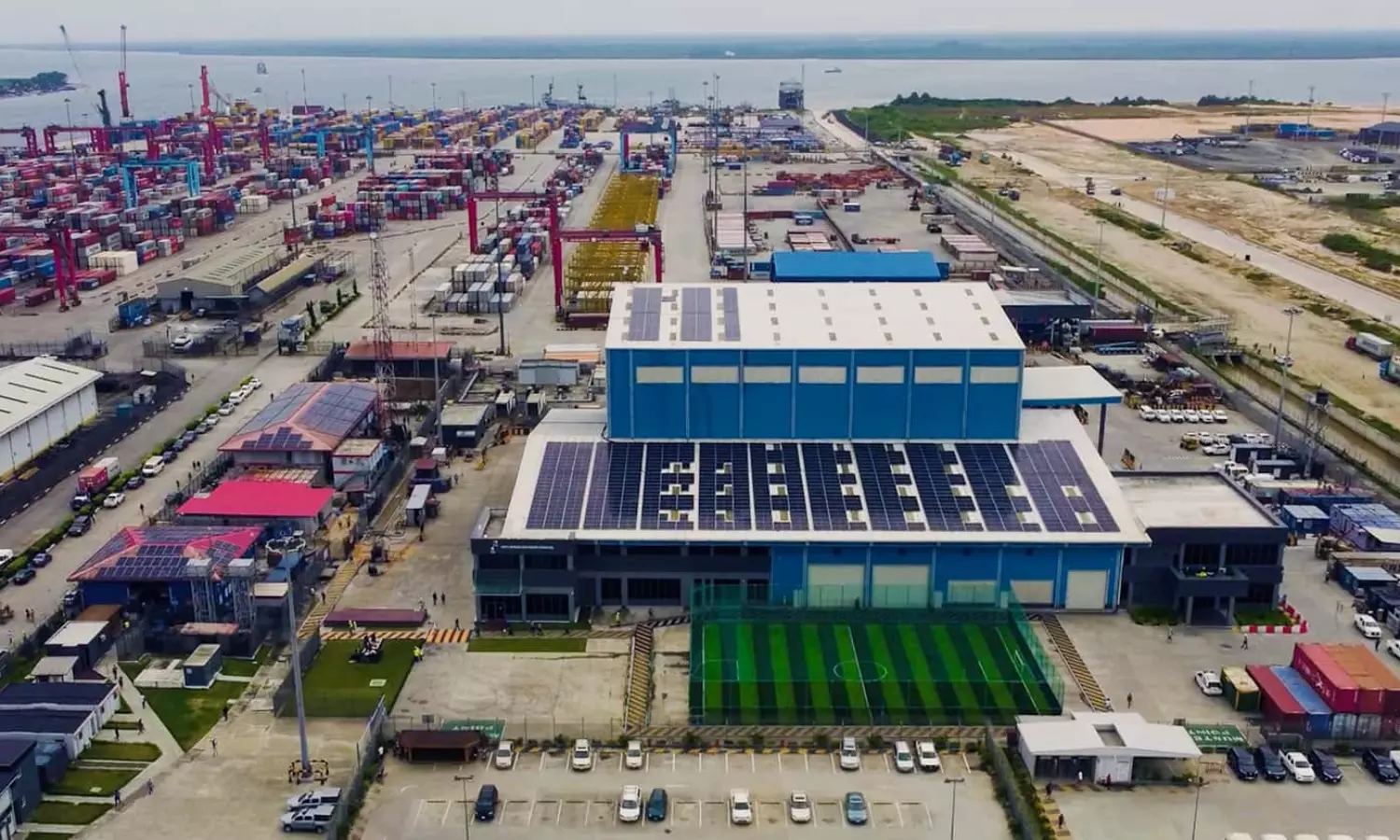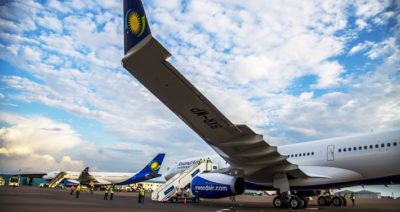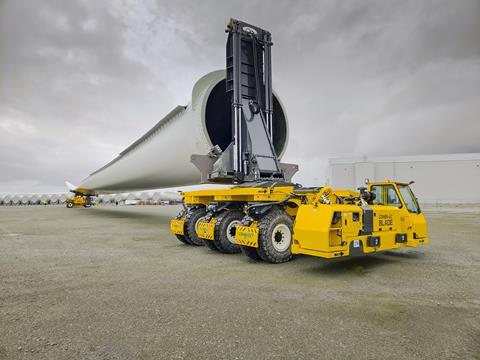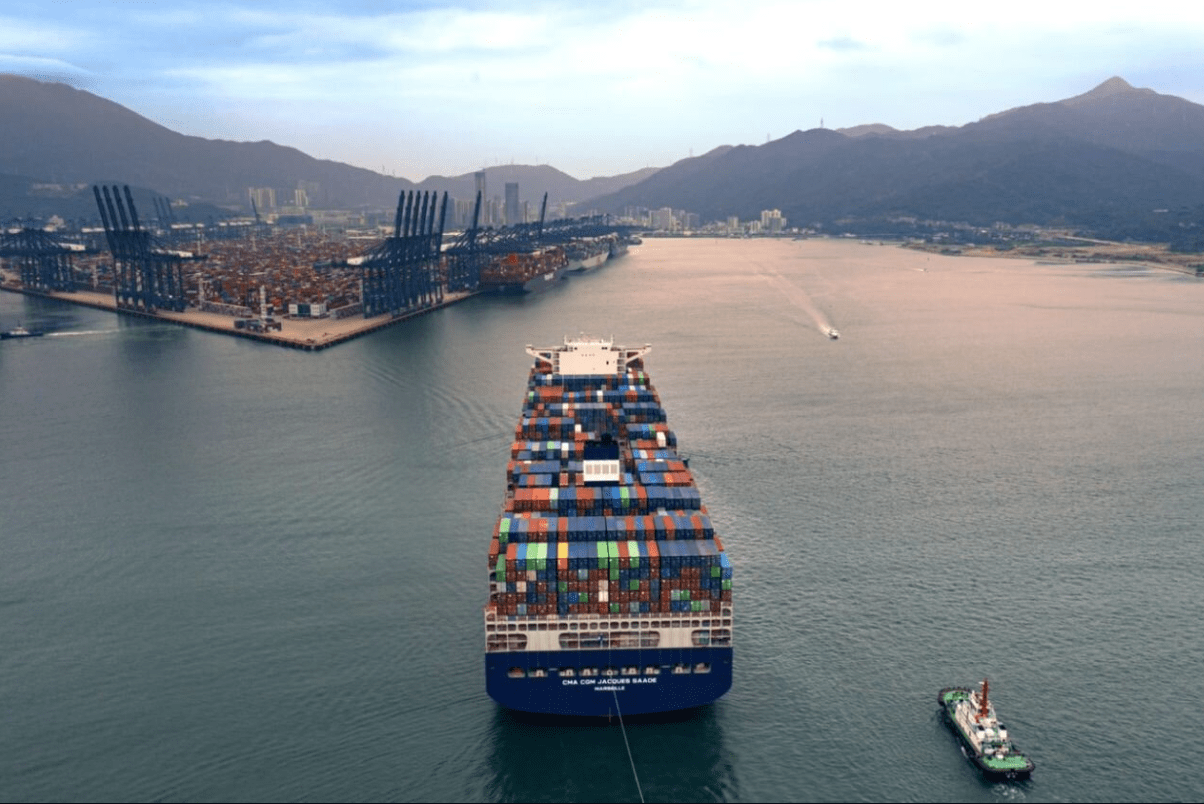Logistic

Trump administration backs African Lobito rail plan, envoy says

The affirmation, which came from the top US envoy to Angola, is the strongest indication yet from the administration of President Donald Trump that it will continue with the project that was the flagship of his predecessor Joe Biden’s initiative to counter Chinese influence in the region. It will secure access to metals like copper and cobalt crucial to electric vehicles and artificial intelligence data centers.
“We are here to show our commitment to these projects,” James Story, US chargé d’affaires and acting ambassador to Angola, told reporters traveling on the train that runs from the Lobito port to copper and cobalt mines in neighbouring Democratic Republic of Congo. “We will continue working with our partners.”
His embassy this week led a tour along part of the 1,344 kilometer (835 mile) line running through Angola. Ambassadors from 15 mostly Western nations also joined — the EU is involved in the project alongside the US, and members have pledged hundreds of millions of dollars in funding.
Story — who President Donald Trump had named ambassador to Venezuela in 2020 during his first term — said he was in contact with the White House and State Department “every day” and both are committed to the project.
Trump on Wednesday announced sweeping import tariffs, including for the three African nations hosting the Lobito Corridor project — Angola, Zambia and Congo. Still, those duties exclude copper and “energy and other certain minerals that are not available in the US,” the White House said.
The US International Development Finance Corp. last year committed $553 million in funding for Lobito Atlantic Railway, a group of companies led by commodities trader Trafigura, to refurbish the Angolan section of the railway and boost volumes. The first disbursement was due by last month, but has faced delays.
That’s mostly because of “extensive bureaucracy” and unforeseen hurdles, Story said, and “doesn’t mean the parties are not in agreement.”
Negotiations continue for the release of the funding, said Francisco Franca, chief executive officer of Lobito Atlantic Railway. Final contracts will be signed within the next two to three months, and if there are further delays, the shareholders will continue to invest themselves, he told reporters on the same trip.
Lobito Atlantic Railway will move 400,000 tons of cargo this year, with plans to double that volume to 800,000 tons in 2026, reaching 1 million tons the following year, Franca said.












